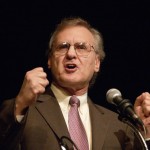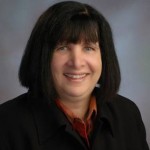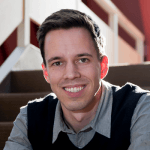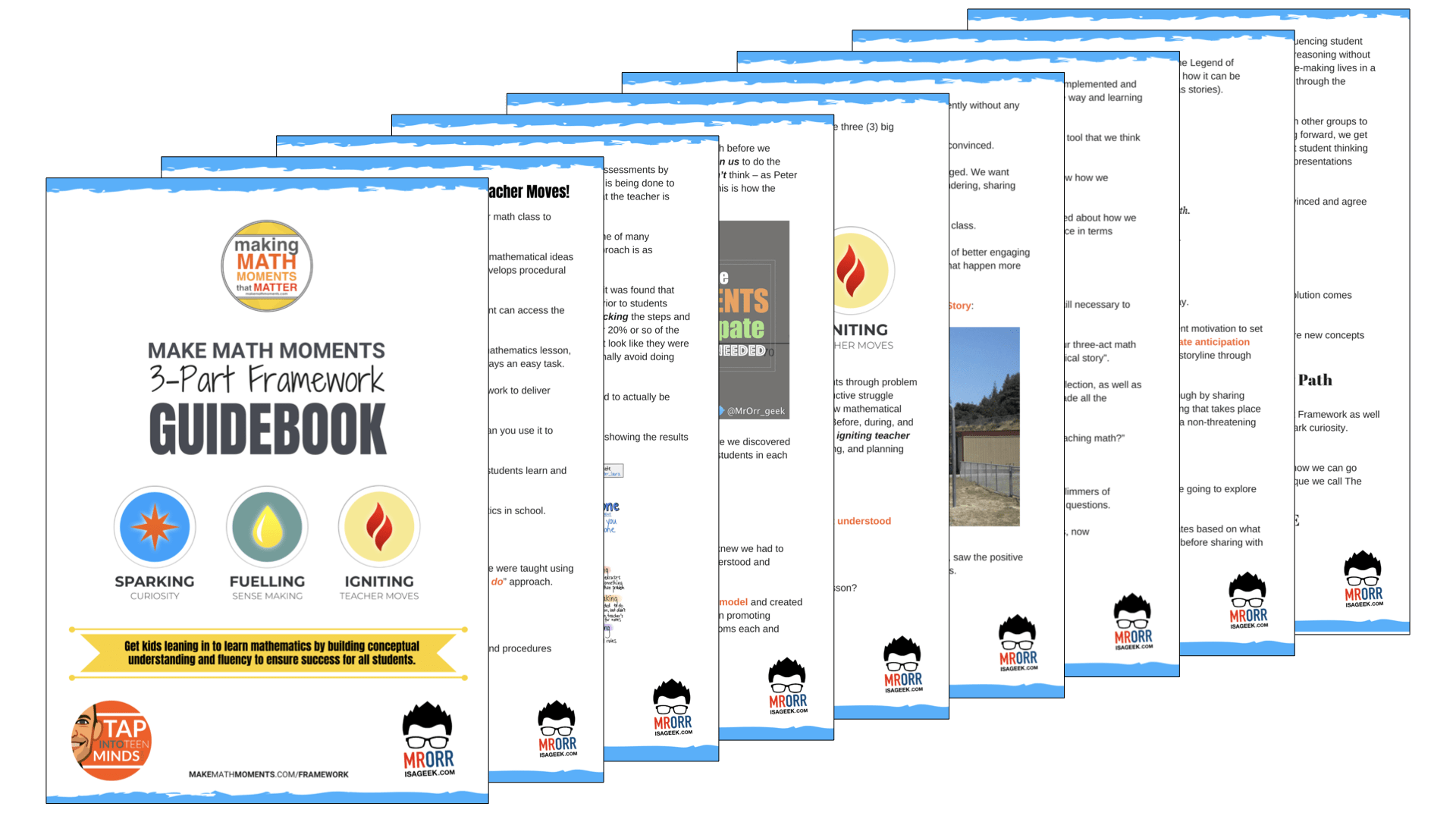Keynote: Stephen Lewis
Education: The World’s Greatest Force for Good
 During this OAME 2013 Keynote, Stephen Lewis explains how our daily work as an educator has a profound effect on both our current students and the world in which they live. He highlights the powerful impact that educators have in every part of the world and the way in which education transforms the lives children lead.
During this OAME 2013 Keynote, Stephen Lewis explains how our daily work as an educator has a profound effect on both our current students and the world in which they live. He highlights the powerful impact that educators have in every part of the world and the way in which education transforms the lives children lead.
His 60-minute keynote focused on a mix between mathematics, politics and human rights issues that exist in other parts of the world. Although the session did open my eyes to some of the horrible actions that take place routinely, including examples of countries where raping women is commonplace.
Interesting and informative session, but making the connection to math or even education in general was difficult. However, I hope that educators can take this information back into their schools to raise awareness and lead change.
Featured Speaker: Marian Small
Who Decides On The Big Ideas in Math? What Difference Does Knowing Them Make?
 This was the first time that my OAME schedule would allow me to attend a session by Marian Small. Famous for her work around the “Big Ideas in Mathematics,” this session focused on what Big Ideas really are, how many Big Ideas there can be, and who should decide what a Big Ideas is.
This was the first time that my OAME schedule would allow me to attend a session by Marian Small. Famous for her work around the “Big Ideas in Mathematics,” this session focused on what Big Ideas really are, how many Big Ideas there can be, and who should decide what a Big Ideas is.
The questions she asked during the session were great for reflection and definitely had me thinking. Clarifying what learning goals might sound like when lessons are focused on Big Ideas and addressing some common questions such as:
Is it okay to have lessons focused on littler ideas?
helped educators gain a better understanding of how they can make positive changes in their own classrooms.
Overall, a great session providing me some great ideas (Big Ideas) to begin implementing in my classroom immediately.
Quotes, Sample Problems and Things to Take From Session
Instead of:
How much is 4 + 3?
Reworded:
When can you add two numbers and end up with ALMOST twice one of them?
Instead of:
How many plates for 24 cookies if 6 go on a plate?
Reworded:
If you rearrange plates, each with 6 cookies on them, into plates of 4 cookies, will you, or when will you, have leftover cookies?
Featured Speaker: Dan Meyer
Making Math More Like Things Students Like: Video Games
 Always enjoy sessions by Dan Meyer. Not only an engaging speaker, but also very insightful and encouraging math teachers to break out of the traditional to more effective teaching practices.
Always enjoy sessions by Dan Meyer. Not only an engaging speaker, but also very insightful and encouraging math teachers to break out of the traditional to more effective teaching practices.
Open-Ended or Closed-Ended with Open Middle?
This presentation began with an experiment involving his in-laws and the popular game, Angry Birds. Trying to uncover what makes a game great and how people approach learning how to beat the game was the goal of the experiment. While many researchers promote the use of open-ended questioning in mathematics, Dan Meyer suggests that games are often closed ended with an open-middle; start at the same place and end at the same place, but how you decide to get there is up to you.
Assessment As and For Learning not Of Learning
As the session progressed, Dan compared video games to math class and noticed some key differences. In games, you work to beat a level with proficiency in order to unlock the next level and can redo any level to improve your skills. In math class, you get one chance for success on a test and your result is locked without any chance for improving.
Keep Grades Unlocked to Encourage Proficiency
Why do we force students to try a “level” in math class once and move on without becoming proficient? Rather than unlocking new expectations after becoming proficient in the previous topic, we give students no motivation to improve because they can’t retry to gain confidence and show how they’ve improved. I immediately felt like what Dan Meyer had done in this session was decode the Growing Success document for assessment and evaluation.
This thinking can change the way we do things in education across all subject areas and I am motivated to find a way to “gamify” my math classroom.
What Did You Think?
Did you attend OAME 2013 in Toronto? If so, what did you think? I’d love to hear about it below!
WANT TO LEARN HOW TO TEACH THROUGH TASK?

Share With Your Learning Community:

About Kyle Pearce
I’m Kyle Pearce and I am a former high school math teacher. I’m now the K-12 Mathematics Consultant with the Greater Essex County District School Board, where I uncover creative ways to spark curiosity and fuel sense making in mathematics. Read more.
Read More From The Blog
